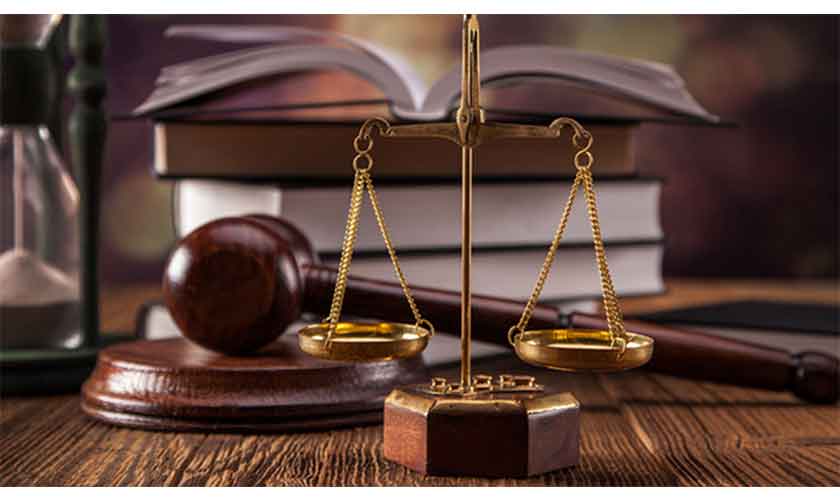Debt recovery is a critical aspect of business operations, especially in a world where financial transactions and loans are a regular part of economic activity. Debt recovery law refers to the set of legal procedures that allow creditors to recover unpaid debts from debtors. This process is vital for maintaining the financial stability of businesses, ensuring that they can continue their operations smoothly. Whether it’s an individual or a corporation that owes money, debt recovery laws are designed to help creditors pursue legal means to recover the funds owed to them.
Table of Contents
Importance of Debt Recovery Law
Debt recovery law plays an essential role in safeguarding both creditors and debtors. It helps creditors get back the money they are owed, while also ensuring that debtors are treated fairly. Without a structured legal process, creditors could find themselves in financial distress due to unpaid debts, leading to cash flow issues. On the other hand, debtors benefit from having a clear set of legal rights and protections, ensuring they are not subjected to illegal or unethical recovery practices.
The importance of debt recovery law cannot be overstated. Without proper legal procedures, creditors would be left without a means of securing payment for goods or services rendered. This could lead to financial strain and loss for businesses, particularly smaller enterprises that rely heavily on cash flow. On the other hand, debtors also benefit from the law as it provides a structured process through which disputes can be resolved. They are afforded certain rights and protections under the law, ensuring that they are not unduly harassed or pressured.
The Debt Recovery Process
The debt recovery process typically starts with informal measures, such as sending reminder letters or engaging in phone calls with the debtor to request payment. However, when these methods fail, creditors may need to pursue more formal legal steps.
-
Demand Letters: Creditors usually begin the recovery process by sending a formal demand letter, requesting payment of the outstanding debt. This letter serves as a written reminder of the debt and informs the debtor of the potential consequences if the debt is not paid.
-
Filing a Lawsuit: If the debtor still does not make the payment, the creditor may choose to file a lawsuit in court. The court will review the case, and if the creditor is successful, a judgment will be entered against the debtor.
-
Obtaining Judgment: Once a court judgment is obtained, it gives the creditor the legal right to enforce the debt recovery. The debtor may be ordered to pay the debt or have assets seized to satisfy the judgment.
-
Enforcement of Judgment: If the debtor still refuses to pay, the creditor can take further legal actions to enforce the judgment, including garnishing wages, seizing assets, or placing liens on property. These enforcement measures can help ensure that the debt is repaid.
Legal Protections for Debtors
Debt recovery law also provides protections for debtors. These protections ensure that creditors do not resort to abusive or unethical practices when trying to recover debts. Debt recovery laws regulate the conduct of creditors and provide guidelines on how they can pursue debt recovery in a manner that is fair and lawful.
For example, creditors are prohibited from using threats, harassment, or violence when attempting to recover debts. Additionally, debtors are afforded the right to challenge any debt recovery attempts in court if they believe the debt is unjust or the process has been carried out unlawfully.
Conclusion
Debt recovery law serves a vital function in ensuring that creditors can recover unpaid debts while protecting the rights of debtors. The process can be complex, but understanding the legal framework is essential for both parties involved. Whether through informal communication or more formal legal actions such as filing lawsuits and obtaining judgments, debt recovery law ensures that businesses and individuals can safeguard their financial interests.
If you are facing challenges with debt recovery, it’s crucial to seek legal advice to ensure that the process is handled properly and efficiently. Resources such as ordinarylaw.com can provide valuable insights and guidance to help you navigate the legal complexities of debt recovery.




